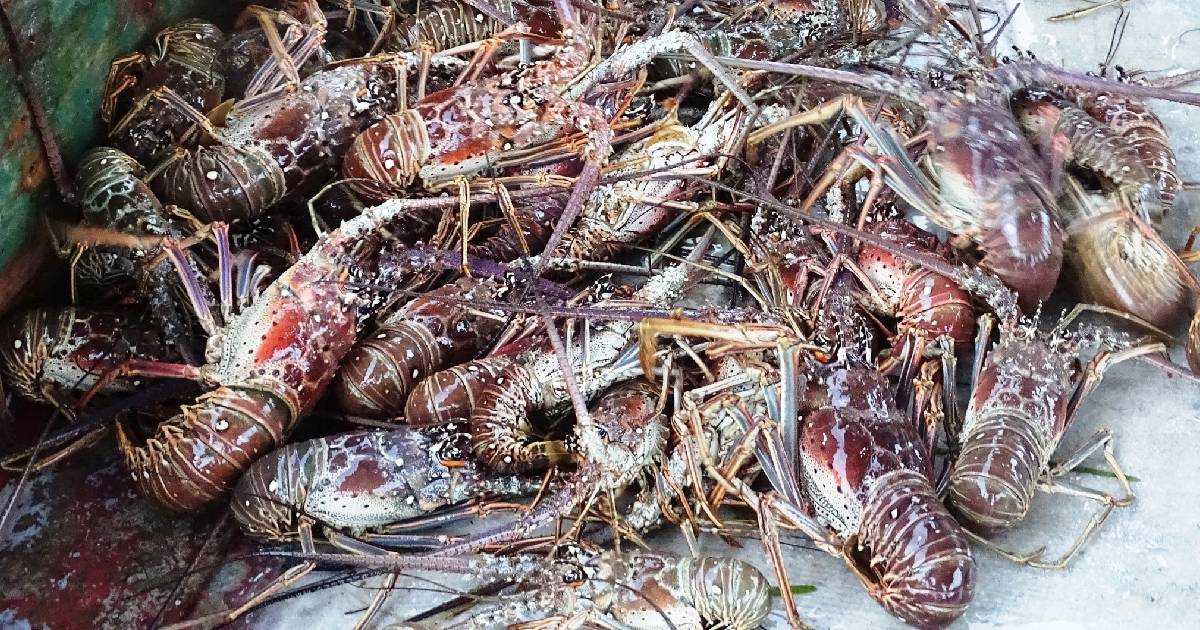The Industrial Fishing Company of Santa Cruz del Sur (Episur), located in Camagüey, proudly announced at the end of 2024 that it had successfully met its lobster catch plan for the third consecutive year. This achievement was significant as it was the only species target they met for the year. In a statement released on their social media platforms, the company highlighted the unwavering dedication of its workers, stating that "neither water and energy supply issues, nor the whims of nature that destroyed fishing equipment and areas, nor the countless resource limitations could stop them."
The company emphasized that lobster, often referred to as the "Queen of the Caribbean," is crucial to their economic operations and a vital component of Cuban exports. "We have placed all our bets on this achievement, making us the only company in Cuba to do so," they stated. Their message concluded with optimism for the upcoming year: “May 2025 bring the good news of continued teamwork, allocating resources effectively, and finding innovative ways to move forward; always onboard and never anchoring, because this ship always looks toward the future.”
However, this achievement has sparked criticism as the entirety of the lobster production is directed towards the international market, leaving the Cuban population without access to this coveted crustacean. This scenario is not unique to Camagüey; in other parts of the country, such as Pinar del Río and Granma, fishing companies also prioritize lobster exports, while Cubans struggle to access seafood products.
Back in 2020, the then Minister of the Food Industry, Manuel Sobrino Martínez, defended this policy, arguing that the revenue from exports of products like lobster and shrimp is vital for acquiring basic foodstuffs for the population. In a controversial statement, he remarked, "If we indulge in eating lobster and shrimp, the children's milk will be missing."
Despite increased exports, the Cuban fishing industry faces significant challenges. In 2023, for instance, the Pescaisla company on the Isle of Youth failed to meet its annual lobster catch plan, citing reasons such as climate change and the migration of species to deeper waters. That same year, Episur set a goal to capture 250 tons of lobster, a target seen as crucial by the state-run company to solidify its position as a leader in the national fishing sector.
Meanwhile, the Cuban populace continues to confront a shortage of seafood in local markets. Despite being surrounded by ocean, Cuba struggles to meet domestic demand for fish and seafood, leading to frustration and dissatisfaction among its citizens.
Lobster Export Policy in Cuba
Why are lobsters not available for Cuban consumers?
The entire lobster production is allocated to the international market to generate essential revenue for Cuba, leaving none for local consumption.
What reasons do Cuban authorities give for prioritizing lobster exports?
Cuban authorities argue that the income from lobster exports is crucial for purchasing basic foods needed by the population.
What challenges does the Cuban fishing industry face?
The Cuban fishing industry faces challenges such as climate change, resource limitations, and the migration of species to deeper waters.
